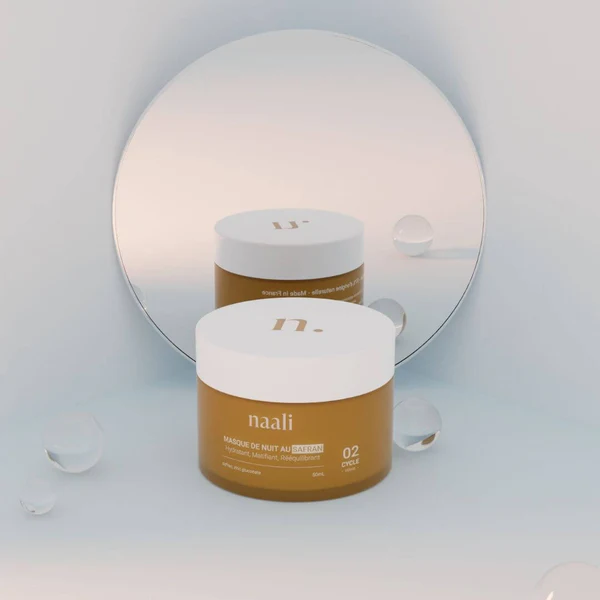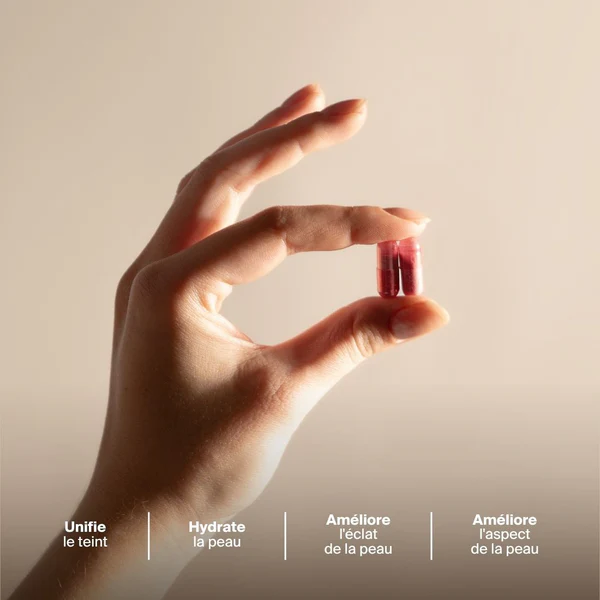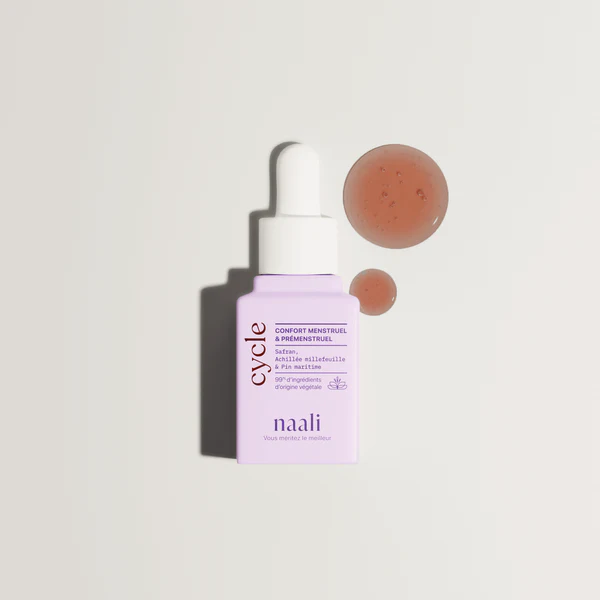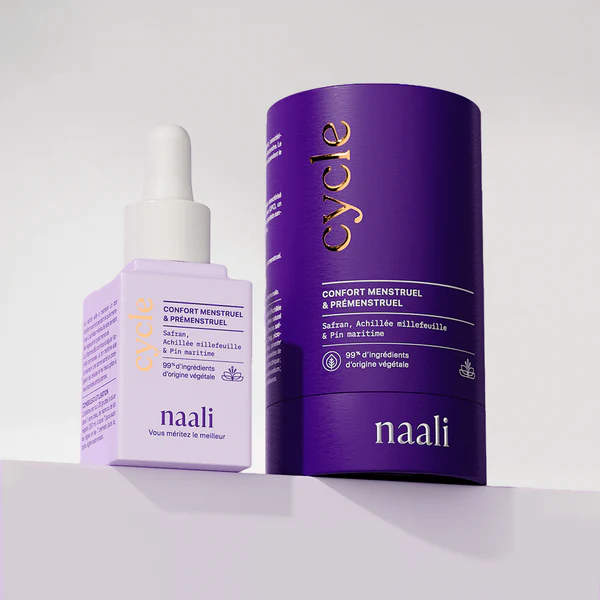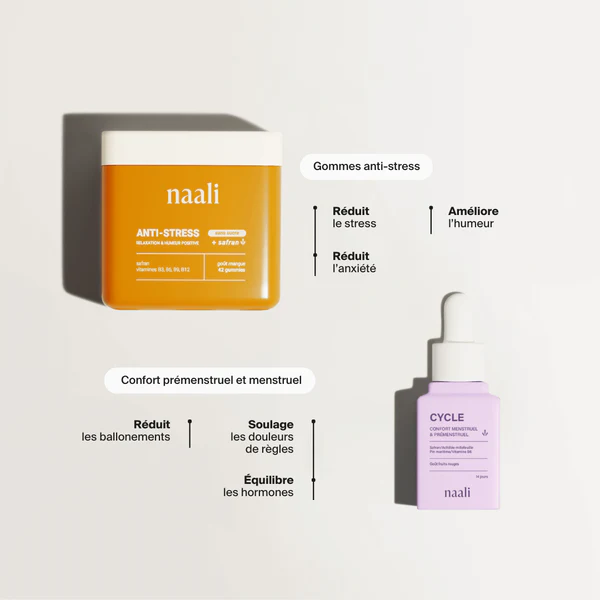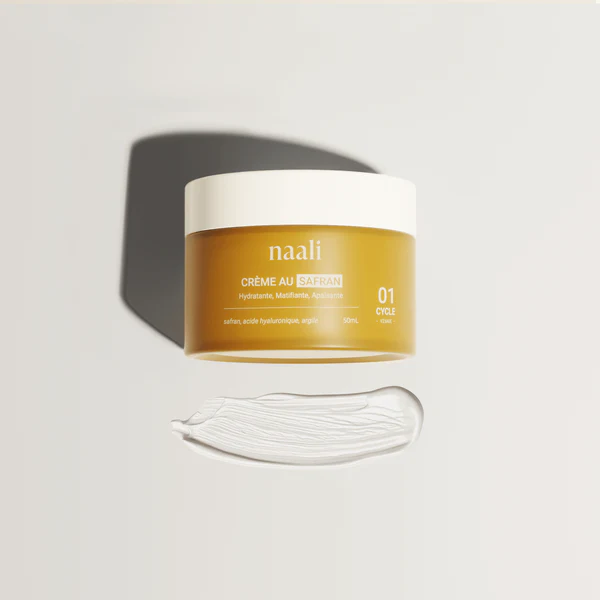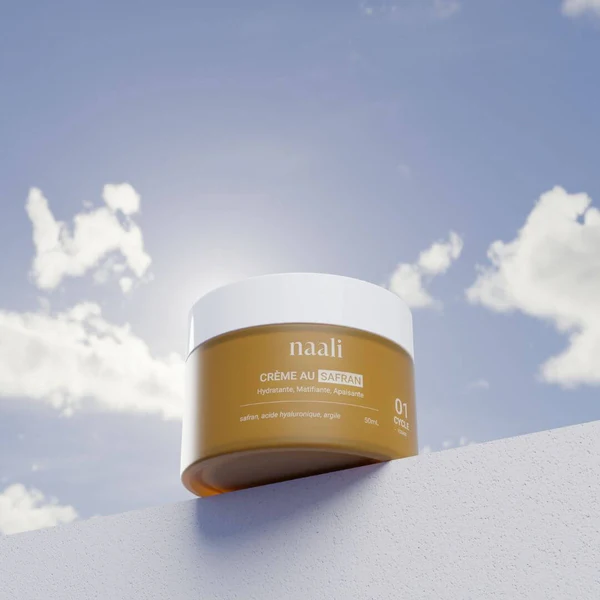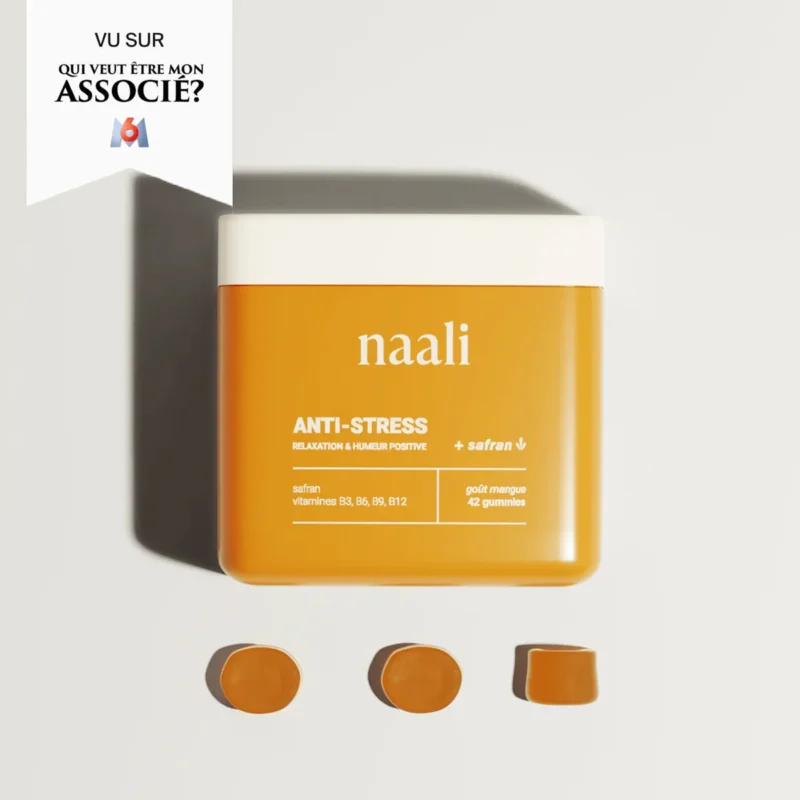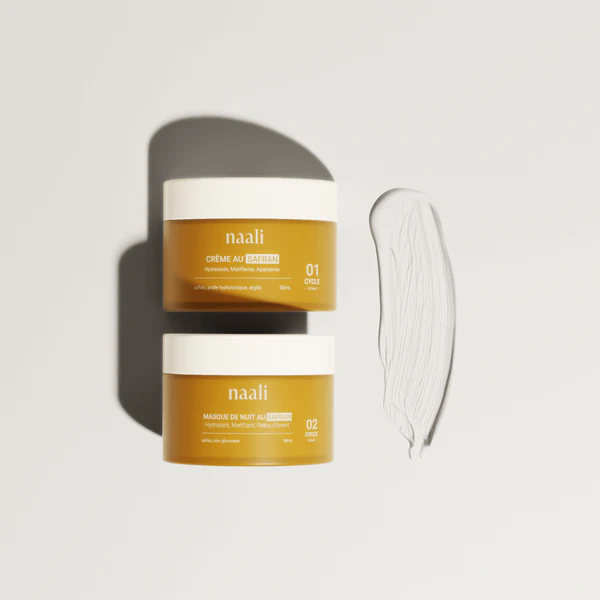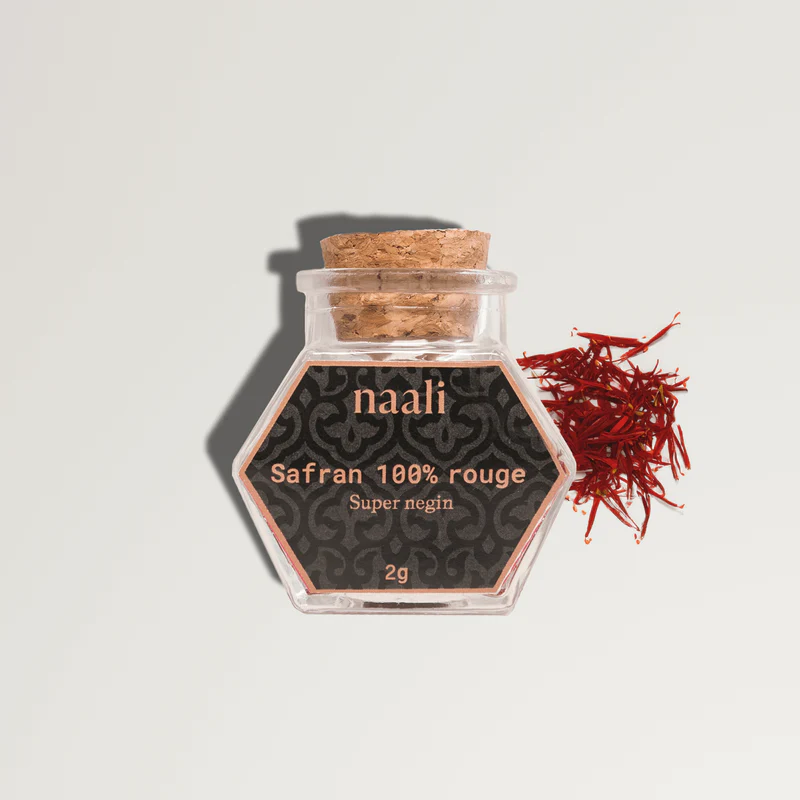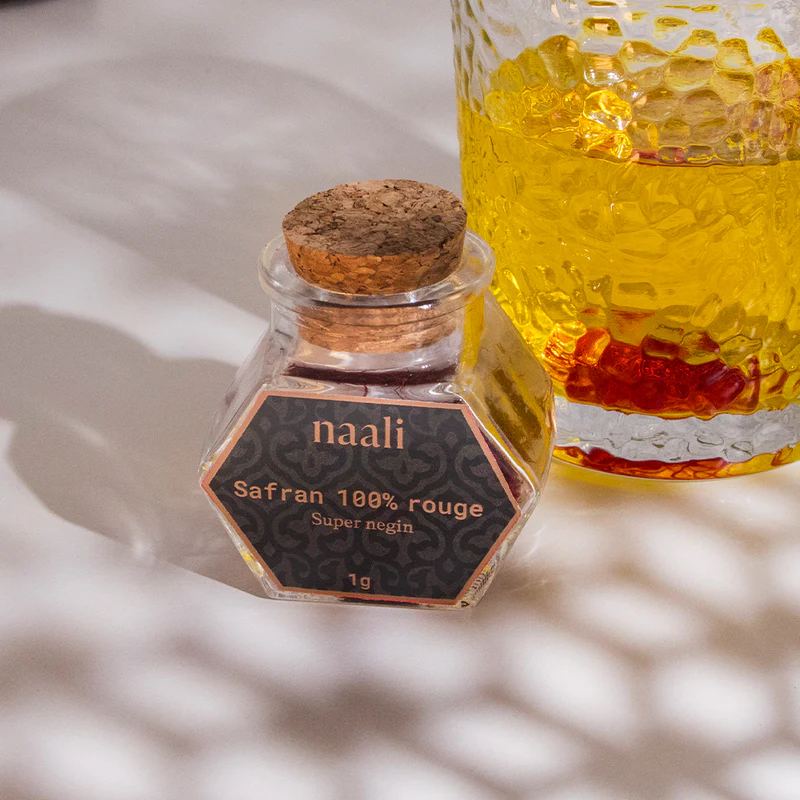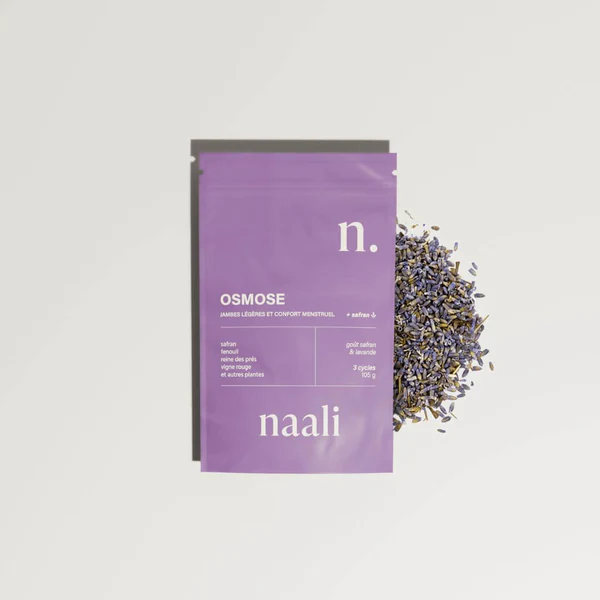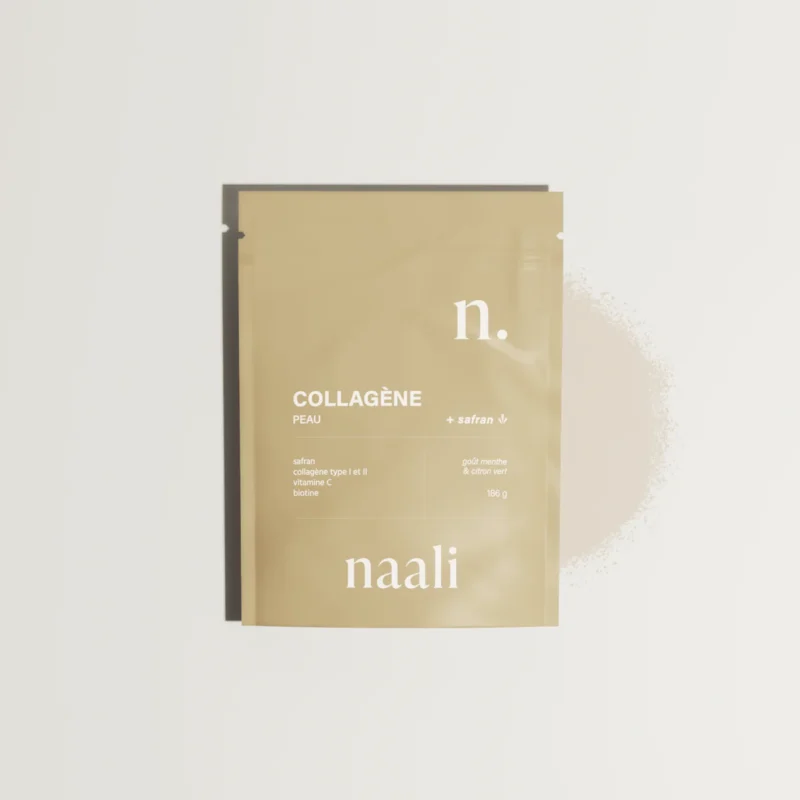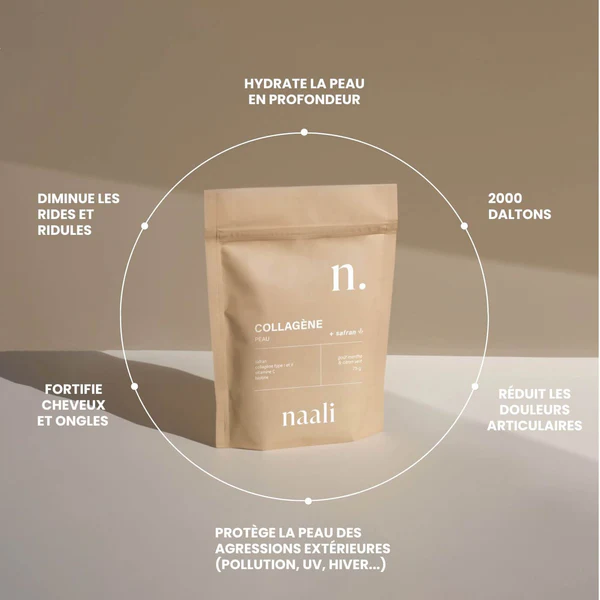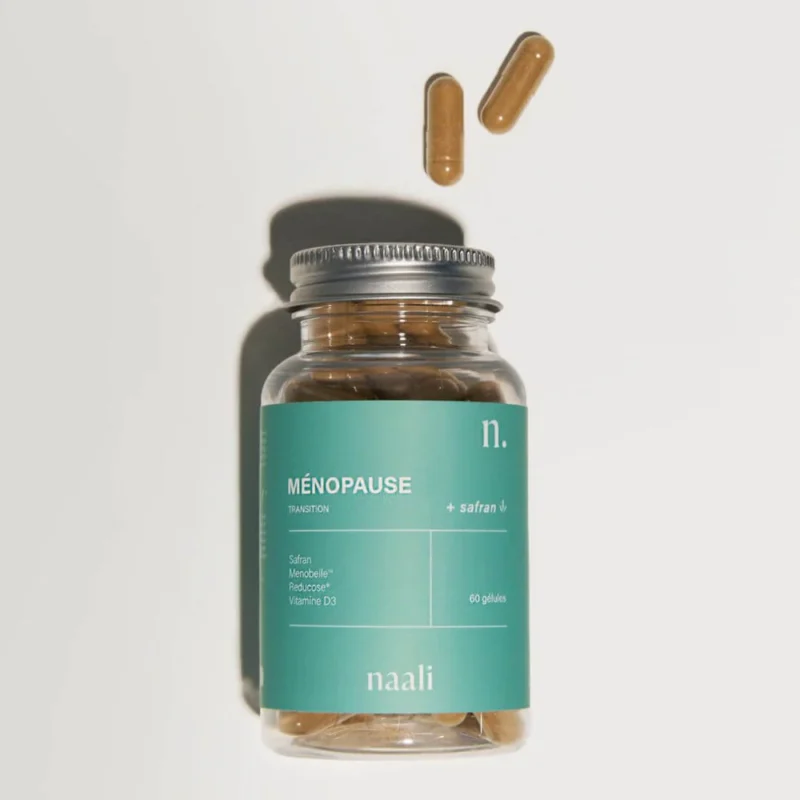Understanding Stress: The Science and Strategies to Combat This Daily Toxin

November 1, 20210 comments

“I’m really stressed.” Pandemics, a society that demands more and more, make us all feel pervasive stress at every moment of our lives. And while emotional instability is one of the most common consequences of stress, at Naali, we want to reveal the new (emerging) science of stress that shows stress is much more than that: “Stress is a toxin—a social and physical toxin—it’s the most widespread epidemic of our time,” says Rosalind J. Wright, MD, at Harvard Medical School.
Take a moment (and maybe a deep exhale) to soak in this message: Stress isn’t just a feeling of panic. It’s caused by a multitude of stressors—physical, mental, social—that put a strain on our bodies, minds, and skin, and even more so in the long run if they’re not identified. This is part of the reason why about 75% of medical visits are stress-related, according to the U.S. Centers for Disease Control and Prevention. But stress often goes unnoticed or overlooked until it’s too late.
75% of all doctor visits are stress-related.
Think about it: Why do you think you had a week-long migraine right after finishing that intense work project? Or that you missed your period after moving across the country? Or that your skin broke out after eating too many pastries over the holidays? Stressors—the factors that cause stress—can be situational (like work), physical (like moving), environmental (like diet), and, of course, emotional (fatigue, exhaustion, irritability).
Yes, all of these stressors are often unavoidable – but that doesn’t mean we have to suffer the way we’ve been conditioned to – stress doesn’t have to control your healthWe can learn to listen to our bodies and minds to recognize signs of stress earlier and adopt new habits that allow us to take a more proactive and preventative approach, as well as find ways to minimize stress when it occurs.
We’ve created this proactive and preventative guide to stress management with the help of several naturopathic experts in stress management so you can better understand the causes of stress, identify common effects, and begin to understand how to find relief and what it feels like (pretty amazing). Read on, then try our 5-Day Stress Detox Plan to start taking proactive and simple steps to get rid of stress now!
What is stress and what causes it?
While there’s no universal scientific definition of stress, here’s one that really resonated with us: “Stress is anything that can disrupt one’s mind, body, and spirit.” This disruption can occur in many ways in our modern lives. It can feel like stress is hitting us from every angle, so much so that it’s difficult to know where it’s actually coming from. By identifying the different types of stressors, we can better understand their source and the impact they have on our body, mind, and spirit.
What are the different types of stressors?
- Physical stressors
These stressors can often be caused by athletic activities. Overtraining is a common occurrence, and it takes its toll on the body. Physical stressors also include injuries and the more subtle physiological damage of prolonged sitting and lack of sleep. Extreme temperatures, seasonal changes, travel (and the resulting jet lag), medications, surgery, and illness also act as physical stressors.
- Environmental stressors
Often overlooked, environmental stressors are no less harmful to our bodies: they include sun and wind exposure, air pollution, ingredients in the products we put on our skin, allergens, pesticides in the food we eat, and even drinking unfiltered water. Using products containing questionable toxins—your shampoo, lotions, detergent—also creates stress for the body due to the toxic load it imposes on the body. The body has to work hard to try to detoxify, and this stresses the entire system.
- Emotional stressors
Although our lifestyles have changed considerably, our DNA hasn’t. We’re still hardwired with a fight-or-flight response to help us escape any threat in our environment. Whether it’s an actual physical threat like a fire or a perceived emotional threat like a fiery email from your boss, our brains still have the same reaction: stress!Because we’re constantly confronted with these emotional stressors—whether they’re big like family drama and work deadlines or small like a sarcastic comment from your sister—we’re in a constant state of stress. All of this manifests itself both mentally and physiologically.
How does stress affect us?
If you experience daily stress—and the stress hormone cortisol is consistently elevated— your body spends too much time in the “fight or flight” state , which is governed by the sympathetic nervous system, and not enough time in the “rest and digest” mode, which is driven by the parasympathetic nervous system. Between work, family life, and not being able to do the things we want and see the people we need due to lack of time, this adrenaline response remains elevated and can cause significant damage to our bodies.
The good news is that numerous studies indicate that saffron molecules help regulate the levels of these hormones that affect our levels of calm and stress.
- Stress has an impact on our body
Increased cortisol levels—especially over the long term—can have detrimental effects on our bodies. The most common symptom is fatigue due to sustained stress levels. In addition to fatigue, he also cites a slowed metabolism, poor thyroid function, high blood pressure, poor digestion, fertility problems, and an increased risk of mental health issues.
- Stress impacts our minds
The mental effects of daily stress can be detrimental. Mood swings such as irritability, memory problems, mental exhaustion, poor concentration, and increased mental health issues can all contribute to this. Add to this a phenomenon most of us have experienced at one time or another: sleep disturbances. One of the first signs that stress is taking its toll on your mind is disrupted sleep. When you’re not getting restorative or restorative sleep, it’s a major red flag.
- Stress impacts our skin
Common skin problems we associate with stress are acne breakouts—chronic exposure to cortisol stimulates the overproduction of sebum (oil), which can lead to acne by clogging pores, creating inflammation, and promoting bacterial growth. Excessive cortisol levels also cause skin dehydration, resulting in dry, flaky skin. This dryness makes skin look older, with more visible wrinkles and spots. Regular exposure to high cortisol levels can also inhibit the production of hyaluronic acid and collagen, which help keep skin supple and youthful.
What does stress relief look like?
Take a second to check in with your body: Are you clenching your jaw? Are you holding your breath? The first step toward stress relief is self-awareness. Check in with yourself several times a day to see how you’re feeling and what you’re thinking. He explains that you’ll know you’re handling stress well when you feel calmer, more content, and feel like you can handle whatever comes your way during the day.
One of the most empowering aspects of stress relief is the realization that stress isn’t really important, but rather how you react to it. By learning simple ways to get ahead of stress and keep your body and mind calm, you’ll be able to better manage it when it inevitably arises. We recommend taking breaks to walk outside each day, regularly practicing deep breathing exercises, setting a positive intention in the morning, and practicing meditation. Incorporating certain foods into your diet and products into your wellness regimen can also help: plant-based meals can help calm the nervous system, as can the saffron Naali uses in her formulations.
YOU WILL GET THE BEST.









